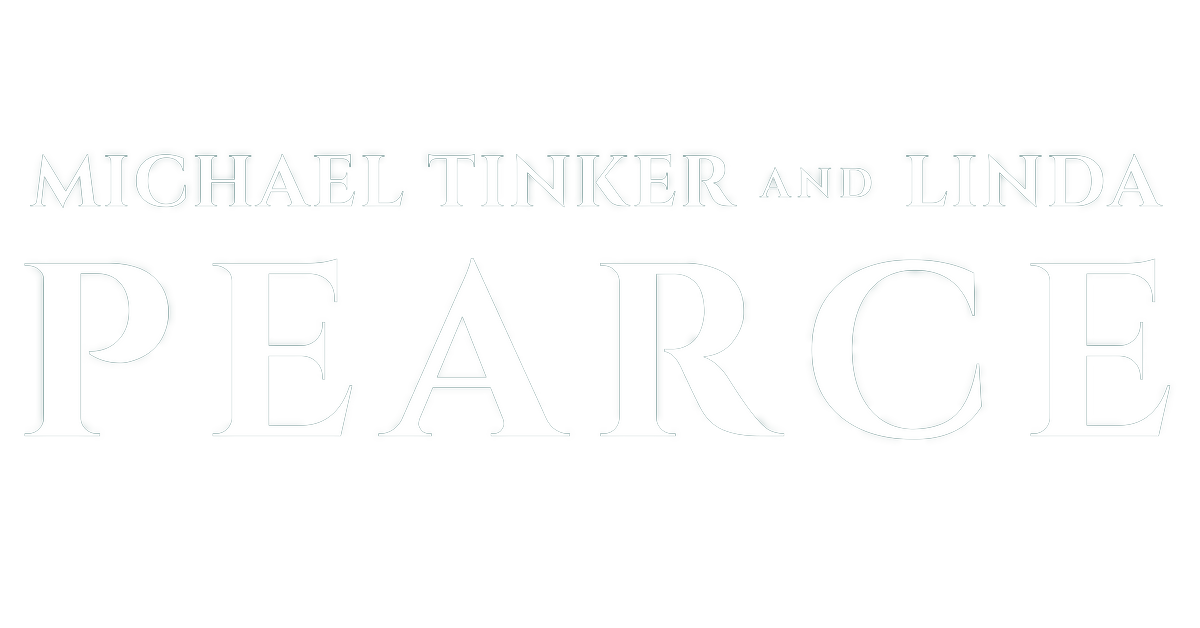The fine line between ‘Artistic License’ and Intellectual Laziness
I was a professional craftsman for many years so I tend to think a lot about craftsmanship. I delight in a well-made thing, and a poorly crafted thing offends me. It says, “Neither what I do nor my customer is worth my time or respect.”
Craftsmanship is about producing a good product. A good product does it’s job for the customer and stands the test of time. It produces value in our lives. It may also produce admiration and appreciation, but these are by-products. The main thing is it does it’s job in an efficient and even elegant fashion.
Let’s take craftsmanship into the realm of literature and film. An essential part of fiction, whether on the screen or in writing, is making it easy for the consumer to suspend their disbelief. This simply means getting them to accept the premise and actions of the story. The fiction writer, particularly the writer of Horror, Science Fiction or any of the varied flavors of Fantasy is at an advantage here; the reader has expressed a willingness to suspend their disbelief just by picking up the product.
We can accept that trust and work with it. We know they’ve bought the premise of a system of magic, the existence of ghosts, vampires, faster-than-light travel or whatever. Having been given that trust we have a responsibility to maintain plausibility within the story and not strain their disbelief. They’ve agreed to suspend their disbelief, not hang it by its thumbs ands disembowel it.
We also have another card to play with- ‘Artistic License.’ This is a tricky one; it can allow us to get away with a bit here and there, but only at the risk of breaking our consumers willingness to suspend their disbelief. We can cover our hero’s leather armor with elaborately carved Celtic knot-work because it looks cool even if it isn’t strictly correct to the period. We can invent plausible rituals for obsolete or made-up religions. Even simply imagining the day-to-day life of our heroes in another time/place. That’s all under the heading of ‘Artistic License’ and if done well and thoughtfully with respect for the audience it’s all good. Respect for the consumer is one of the foundations of craftsmanship.
Respect for the audience… hmmm…
When you are doing a story set in Roman-Era Ireland (or its fantasy equivalent) it’s a safe bet the audience doesn’t know the clothing, construction or society of that time and place. As a craftsman or craftswoman it is the job of the author (or director or whatever) to fill in those details. This is probably going to be done with a combination of research and artistic license. Sure, not one person in a hundred is going to know if you get it wrong, but you will know and you can bet that one person that knows the difference isn’t going to be shy about telling people. The attitude that, “Oh well, I can just make stuff up because most people won’t know the difference’ does not represent Artistic License. It represents intellectual laziness and disrespect for your audience. You are in effect saying, “Why bother getting it right? My audience is too stupid to know the difference anyway.” It’s disrespectful and it’s bad craftsmanship and their is no excuse for it, especially in the Information Age. A couple hours of research will yield all the information you need these days, whether you need to know about agricultural societies in Meso-America or the latest in Warp Drive theory.
I worked with a director that decided his film needed to end with a small group of untrained farmers with improvised weapons taking on a significantly larger group of well-armed and armored professional soldiers to rescue a captive. In reality this would not be a triumph for the common man against the forces of oppression. It would be the military equivalent of throwing a handful of mud against a brick wall. “It’s Artistic License,” he said. No, it isn’t. It’s stupid. His audience is going to see that it’s stupid and it’s going to take their ‘willing suspension of disbelief’ and throw it right out the window. Whatever the quality of what has come before he’s going to lose them. All the previous effort is wasted because of intellectual laziness and a profound failure of imagination. The worst part is it’s unnecessary. A little creative thought and he could have come up with something even more exciting that made sense… but he just couldn’t be bothered. That, my friends, is poor craftsmanship.
Do your research. Get the details right, not just for your audience but for you. You don’t even need to share those details with your audience; it’s enough that you know they are there and work with them in mind. Use Artistic License judiciously and correctly. It makes a better product, it respects your audience– and believe me, they will respond to that respect. Best of all you can be justly proud of your work.
